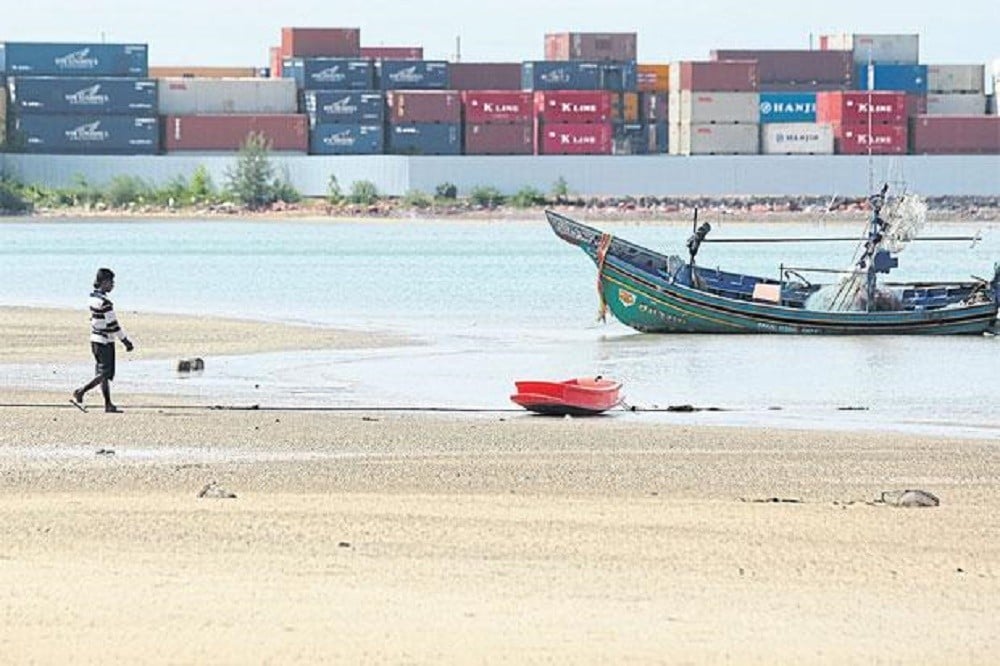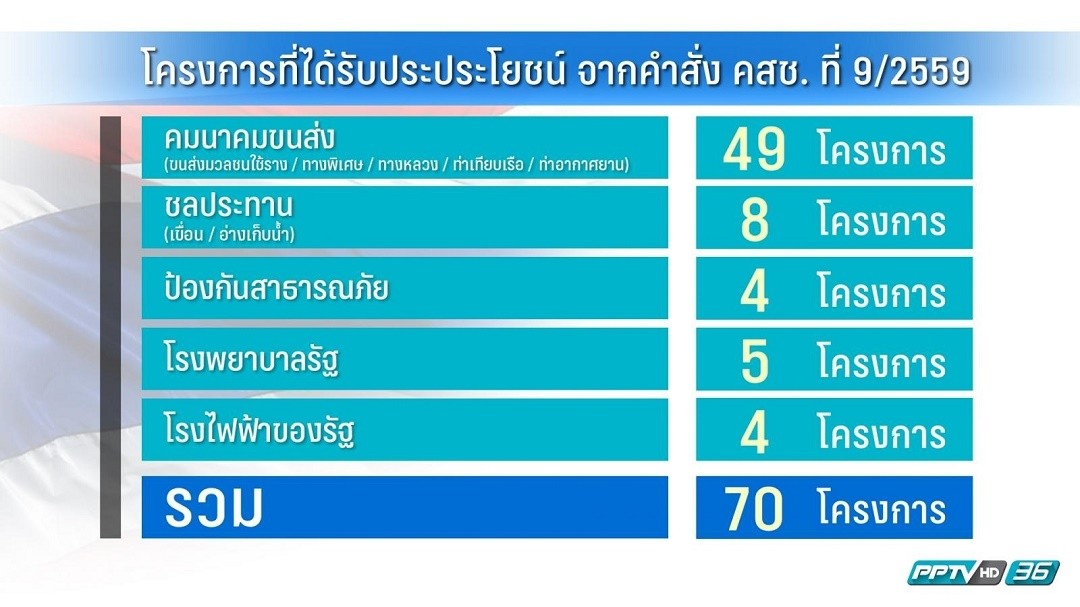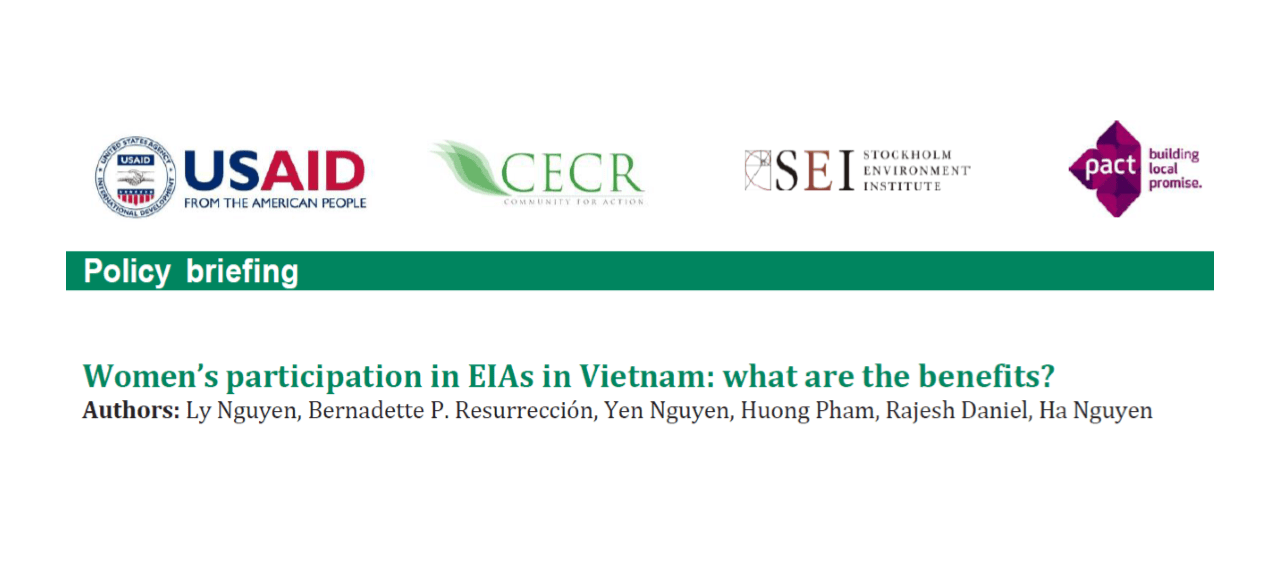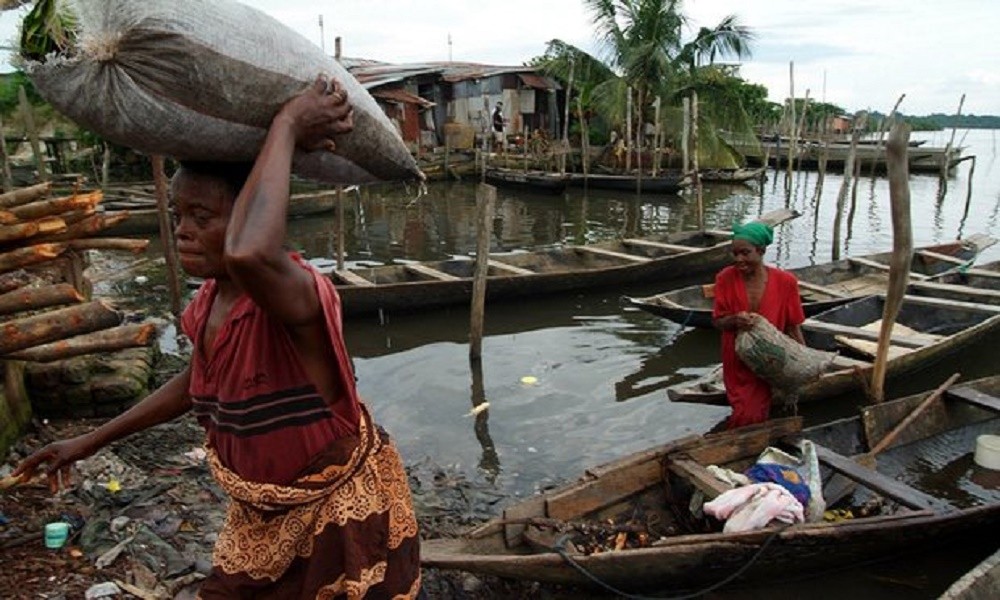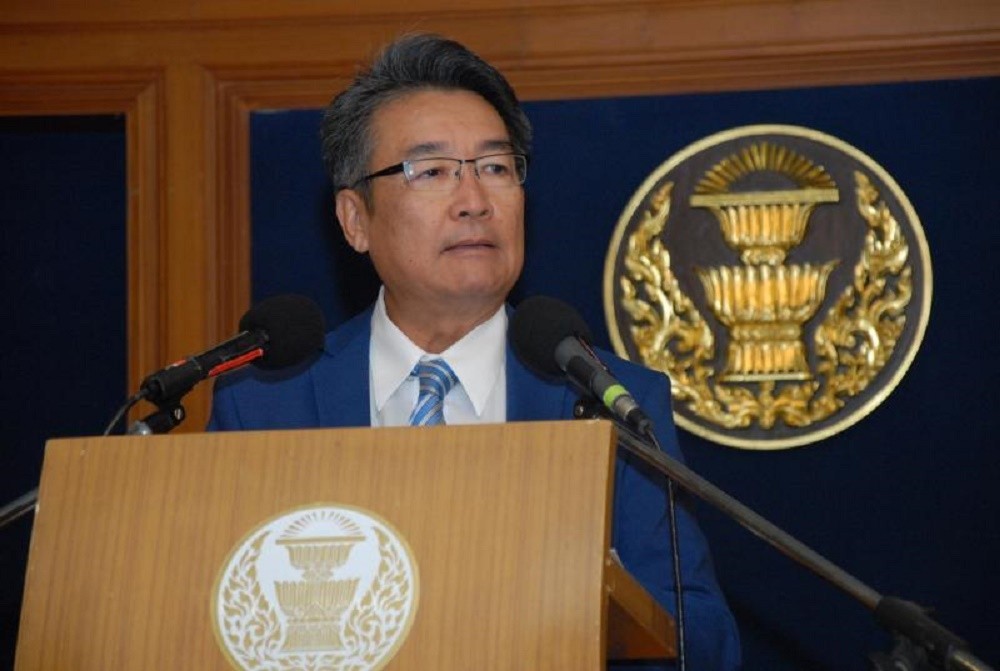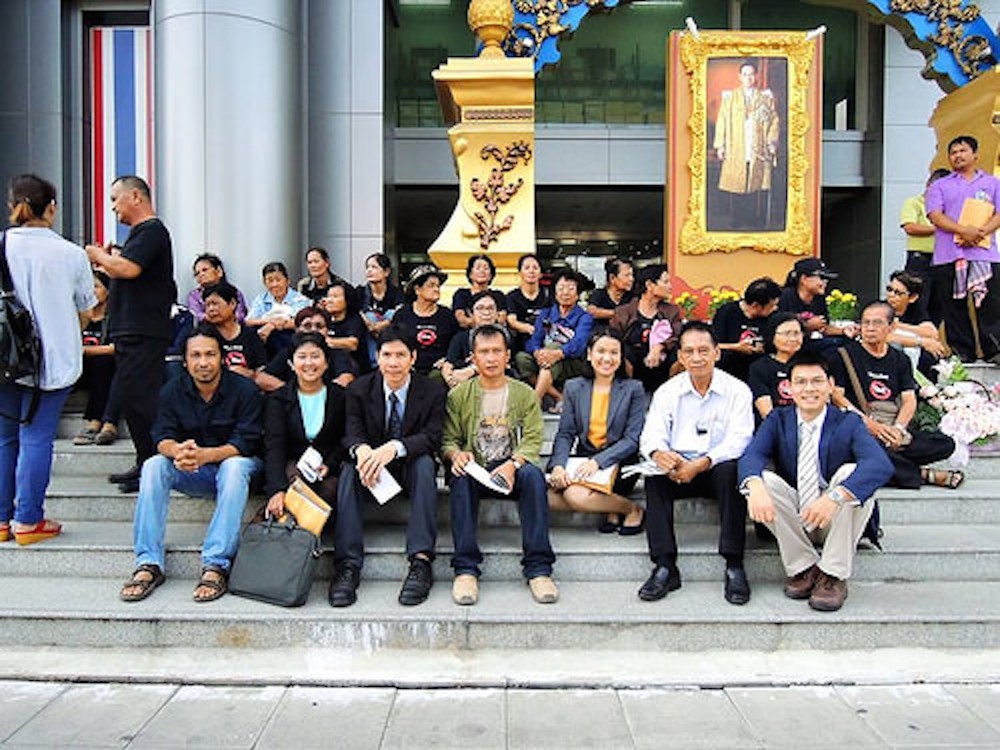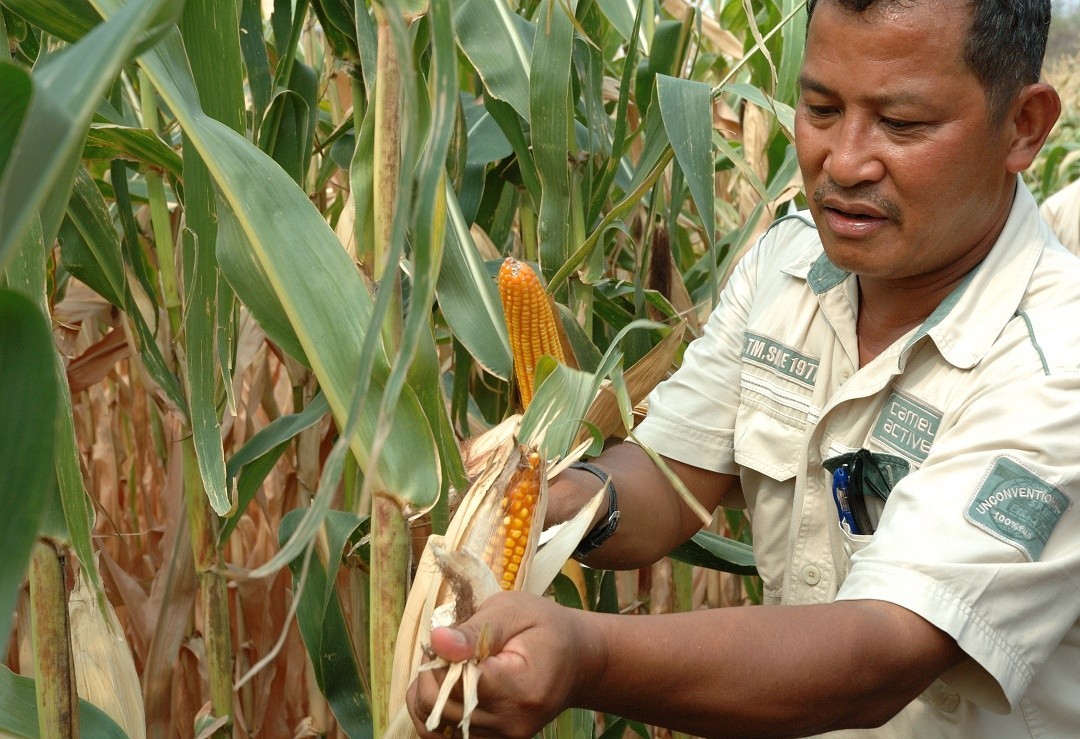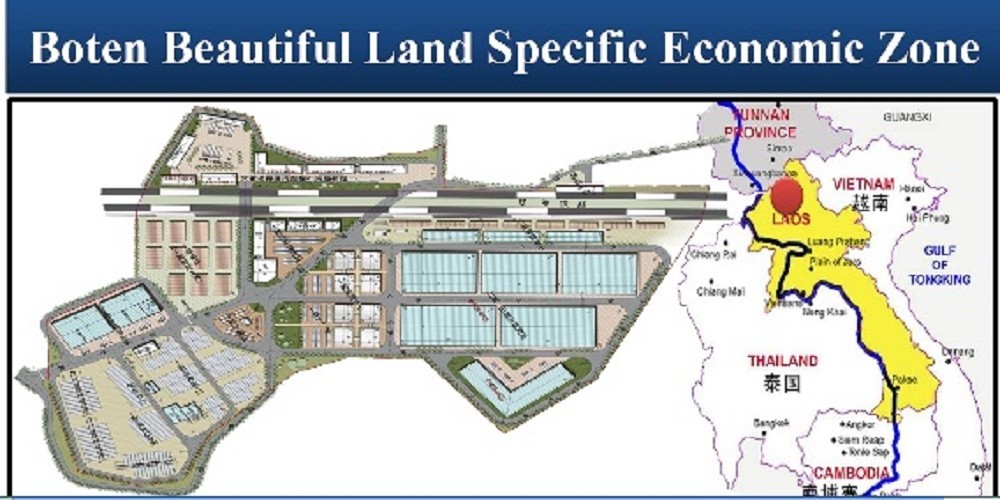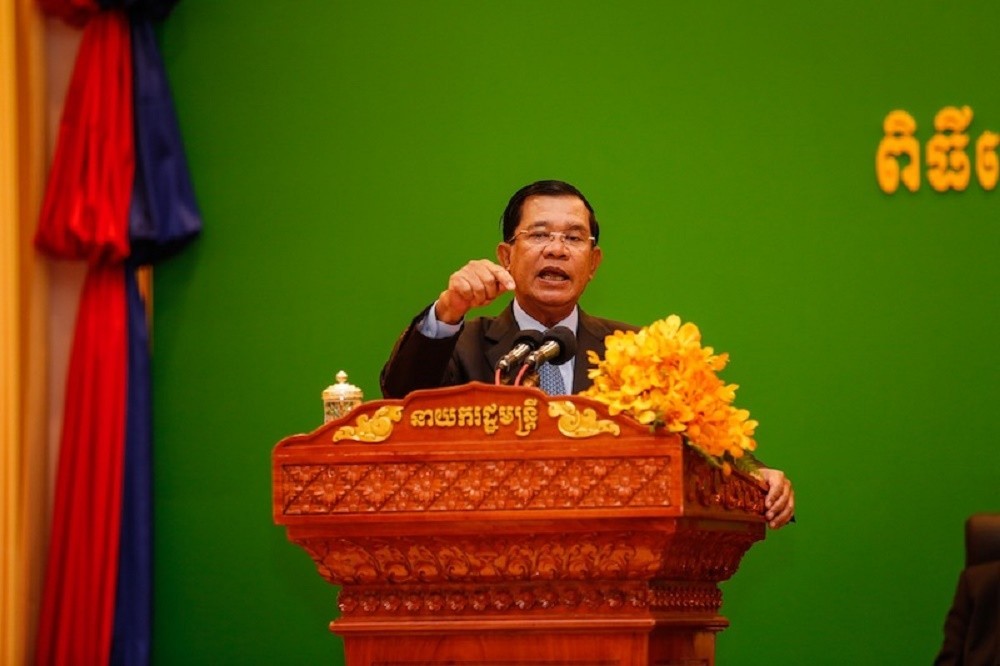The prime minister, who seized power in May 2014, wants all Thais to have a better life and increased income, despite looming economic problems.
But to achieve his goal, there’s one condition. Gen Prayut has to use Section 44 of the interim charter, the so-called dictator law, which allows him to bypass checks and balances to fast-track development projects.
The hope is that as a result of the orders, 12 new SEZs and dozens of mega projects will pump trillions of baht into the economy by the end of the year.


